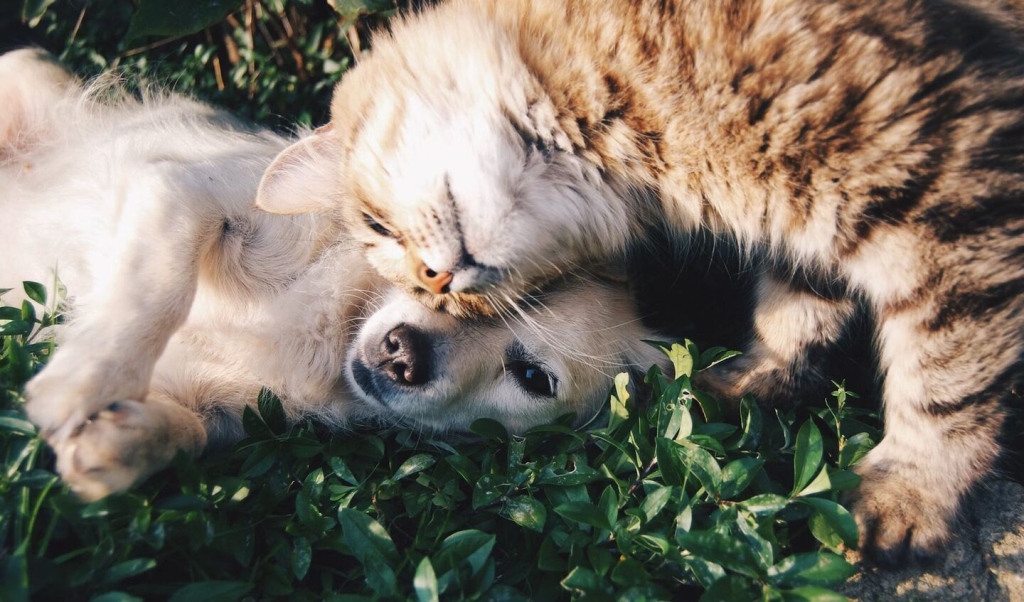
Our furry (or feathered or scaled) companions enrich our lives in countless ways. Dogs greet us with wagging tails and sloppy kisses, cats offer purrs and a calming presence, and even seeing a colorful fish in a tank can reduce stress. Studies show pet owners can lower blood pressure, decrease anxiety, and combat loneliness. They become part of the family, offering unconditional love and loyalty.
But this heartwarming reality has a dark counterpart. The sad truth is that countless pet animals and countless other animals in the Philippines face a brutal existence marked by neglect, abuse, and criminal offenses. Witnessing animal cruelty can be a deeply disturbing experience, shattering the image of the loving bond between humans and animals.
Animal Cruelty Takes Different Forms
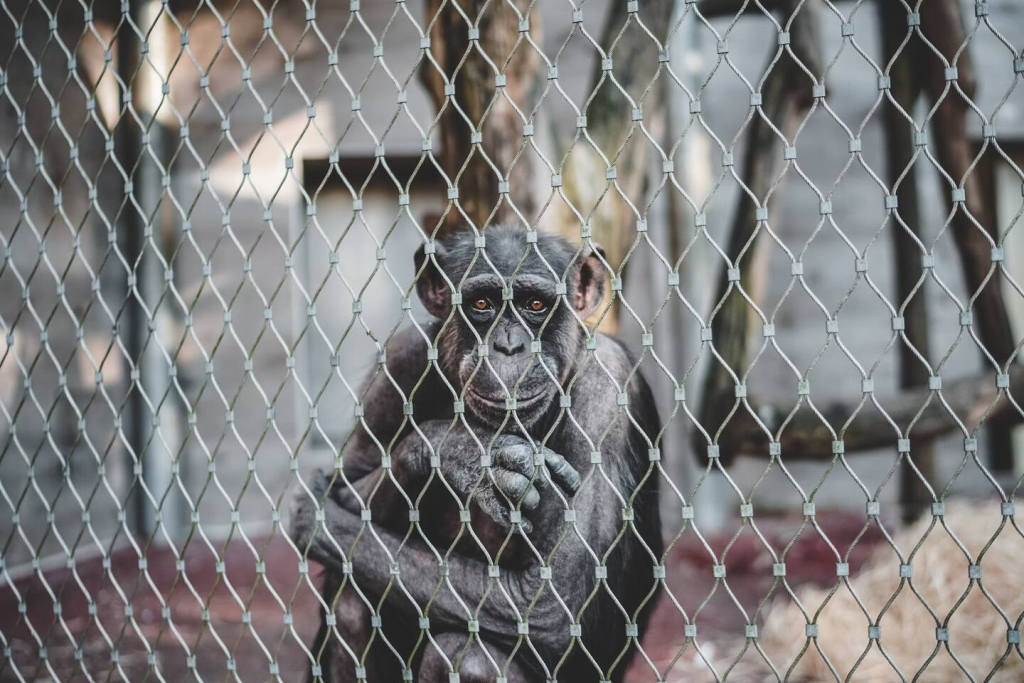
Animal Neglect is a form of abuse
Animal cruelty is a far-reaching issue that extends beyond just physical harm. It encompasses neglect, like leaving a dog chained outside without proper food, water, or shelter in harsh weather, or psychological abuse through fear tactics and isolation. An animal dies when confined to cramped cages, filthy living conditions, and depriving them of natural behaviors in factory farms, research labs, or puppy mills are all forms of cruelty that inflict unnecessary suffering. Animal encompasses not just household pets and stray animals, but includes animals like cattle, pigs, goats, sheep, rabbits, cows, and carabaos. Giving appropriate care to livestock animals,
Diseases can spread from overcrowded shelters
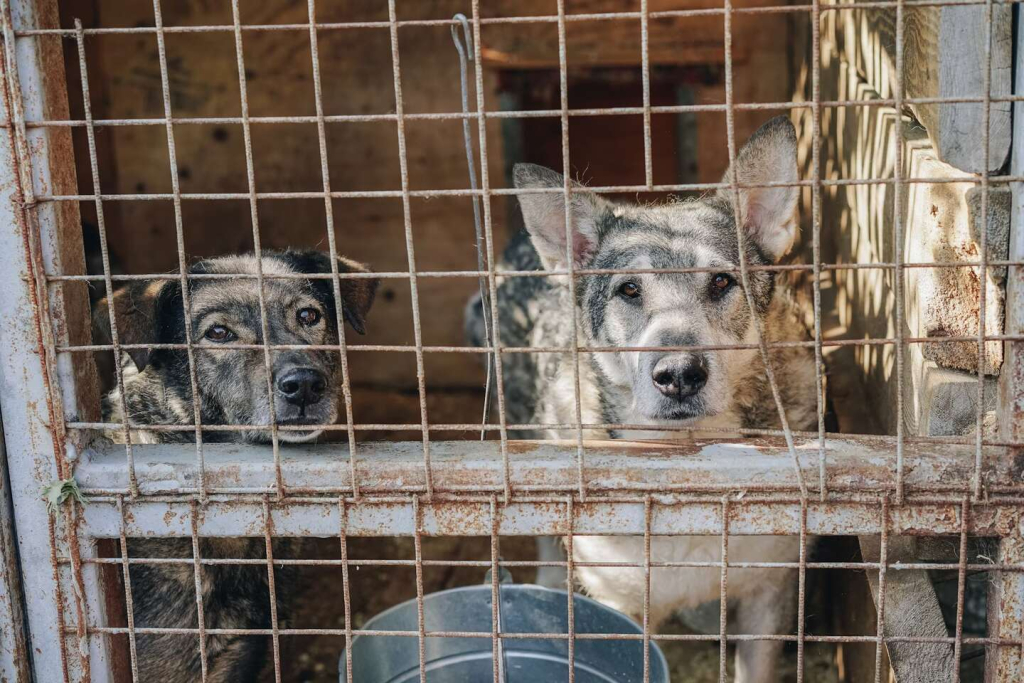
The consequences of animal cruelty ripple outwards, creating public health risks through the spread of diseases from overcrowded shelters and stray populations. This can also lead to an economic burden as uncontrolled animal breeding strains resources for shelters and animal control, ultimately costing taxpayers.
A culture of indifference to suffering
Perhaps most disturbing is the link between animal cruelty and violence towards humans. Studies suggest people who abuse animals are more likely to commit other crimes. They develop into something other than animal offenders. Furthermore, a society that tolerates animal cruelty fosters a culture of indifference to suffering, eroding empathy and respect for all living beings.
There are solutions to this complex issue. Animal population control through spaying and neutering pets and responsible breeding practices can significantly reduce the number of unwanted animals ending up in shelters or on the streets. Educational programs and resources that support responsible pet ownership can empower people to become better guardians of their animal companions.
Support advocacies and organizations working for animal welfare
Finally, strong animal welfare laws with proper enforcement are critical to deterring cruelty and holding abusers accountable. By working together through advocacy for animal welfare legislation, supporting organizations that help animals, and making responsible choices about pet ownership, we can create a society that treats animals with respect and compassion.
The Philippines and the Fight for Animal Welfare
The Philippines has animal welfare laws on the books, with the cornerstone being Republic Act 8485, also known as the Animal Welfare Act. This act prohibits acts of cruelty and neglect, prevent abuse, promotes responsible pet ownership, regulates the trade of animals, and respects animals by way of keeping them from illegal trade and practices like dog fighting. However, the fight for animal welfare faces a complex challenge: enforcement.
Further, the anti rabies act enforced by a licensed veterinarian, either from the government agency or as a private practitioner, helps protect animals, household pets as well as the general public.
Limited resources plague animal control efforts. Understaffed shelters struggle to keep up with the influx of stray animals, and humane euthanasia practices are often lacking. Furthermore, cultural attitudes towards animals can be a hurdle. Traditionally, some Filipinos view animals as working companions or companion animals, therefore, commodities rather than sentient beings deserving of respect. This perception can lead to practices like tethering dogs outside for extended periods or keeping them in cramped cages for fighting.
The result is a heartbreaking reality for many animals. Stray dogs and cats roam the streets, often malnourished and vulnerable to disease. Animals in working roles, like horses pulling carriages or carabaos tilling fields, may not receive proper care or rest. This harms the animals and poses public health risks and economic burdens.
A multi-pronged approach is needed for the Philippines to truly move the needle on animal welfare. Increased funding for animal control and shelter operations is vital. Educational campaigns can challenge traditional viewpoints and promote responsible pet ownership.
Additionally, stricter enforcement of existing animal welfare laws by proper authorities, with harsher penalties for violations, would send a strong message of deterrence. Not just to the animal industry but also individual pet owners. By tackling these issues head-on, the Philippines can create a more compassionate society where all animals are treated with respect and dignity.
Breaking the Cycle: How You Can Help
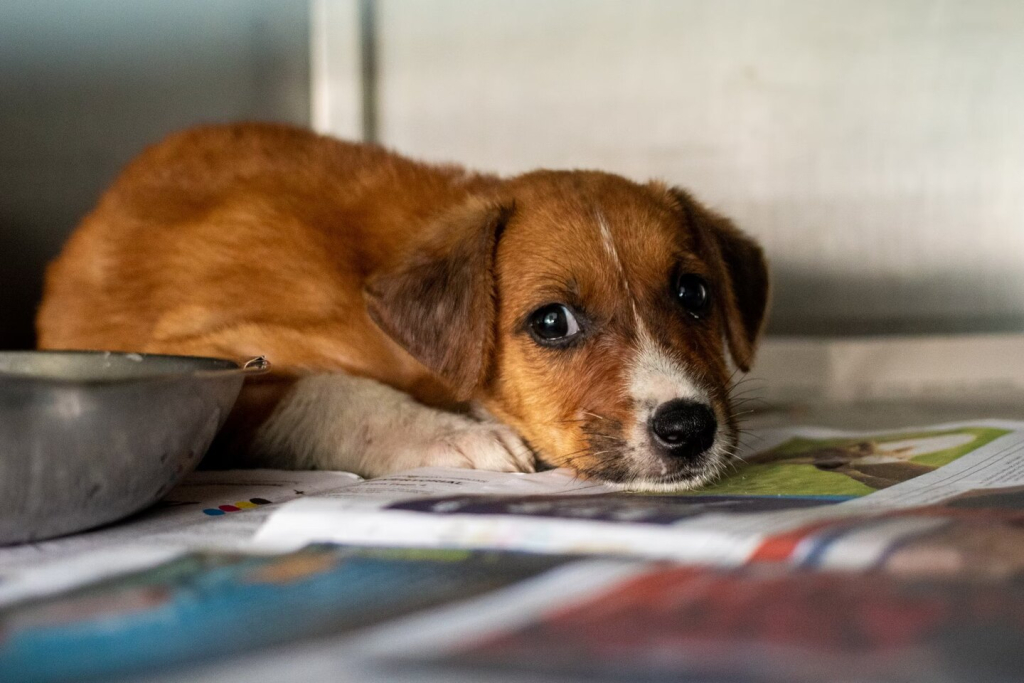
The Philippines has made strides towards animal welfare with legislation like Republic Act 8485 and the Animal Welfare Act. However, fighting to prevent animal cruelty requires constant vigilance and a collective effort. From responsible pet ownership to advocating for stricter laws, every Filipino can contribute to a more compassionate society in numerous ways. Here’s how you can make a significant difference:
Become a Responsible Pet Owner
Preventing animal cruelty in the Philippines requires a collective effort on multiple fronts. The foundation lies in responsible pet ownership. If you choose to welcome a furry friend into your life, it’s a lifelong commitment. Ensure they receive a nutritious diet, readily available clean water, and shelter that protects them from the elements. Regular veterinary checkups are essential for maintaining their health and catching any potential problems early. Most importantly, spaying or neutering your pet is crucial. It prevents unwanted litters that contribute to stray populations and can also have health benefits for your furry companion.
Report Animal Cruelty
What happens if you witness animal cruelty? Don’t be a silent bystander. The Philippine Animal Welfare Society (PAWS) is a valuable resource. They have a hotline and online reporting system where you can confidentially report suspected abuse. Alternatively, you can contact your local barangay officials or the police. Gather as much evidence as possible, including photos, videos, or witness statements, to strengthen your report. Remember, your voice can be a lifeline for an animal in need.
Support Animal Welfare Organizations
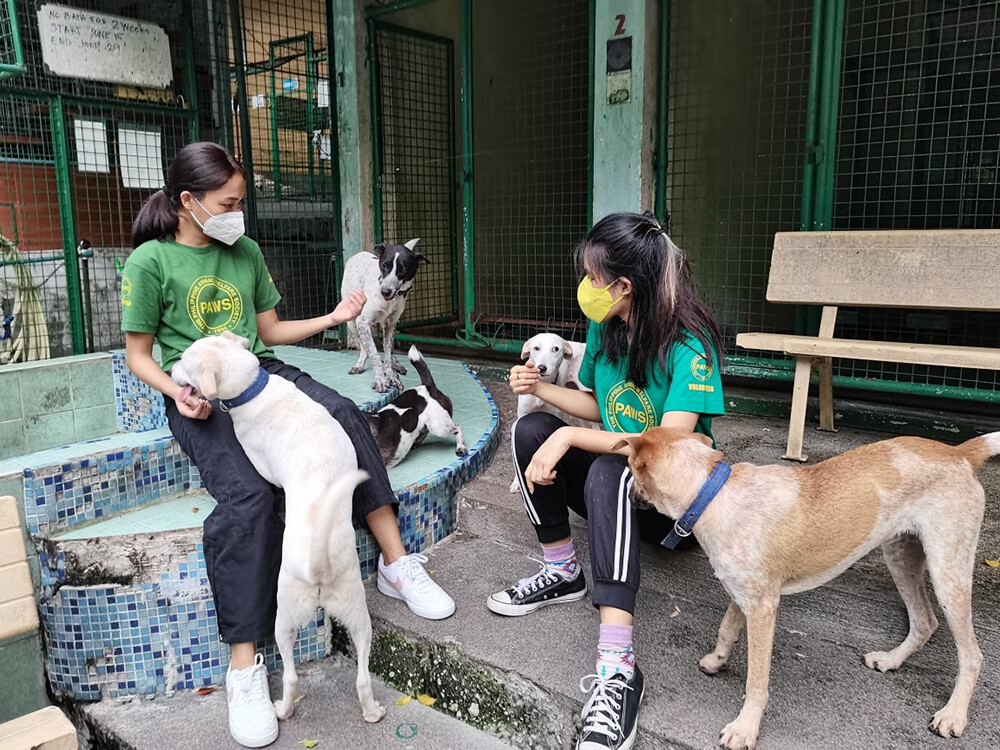
Groups like PAWS work tirelessly to rescue animals, advocate for stronger laws, and educate the public on animal welfare issues. Donate or volunteer your time to support their efforts to protect animals. These groups are the backbone of animal welfare efforts in the Philippines. They tirelessly work on rescue missions, saving animals from neglect, abuse, and abandonment.
PAWS also advocates for stricter animal welfare laws, lobbying for better animal protection. Additionally, they educate the public on responsible pet ownership through campaigns and community outreach programs. You can contribute to their vital work by donating or volunteering your time. Every little bit helps, whether it’s fostering animals, assisting with fundraising events, or simply spreading awareness.
Advocate for Change
Finally, advocate for change by contacting your representatives and voicing your support for stricter animal welfare laws. Research existing laws like Republic Act 8485 and identify areas for improvement. Write to your local officials and national representatives, urging them to strengthen animal welfare legislation. Highlight the importance of enforcing existing laws and advocating for harsher penalties for violations. By collectively advocating for change, we can create a more compassionate Philippines where responsible pet ownership and respect for all animals is the norm.
Taking Action in Your Own
The Philippines has taken steps towards animal welfare with laws like Republic Act 8485. However, preventing animal cruelty requires action beyond legislation. Here’s how you can make a significant difference in your daily life:
Direct Action
There are countless ways to take direct action and improve the lives of animals in the Philippines. Here’s how you can become a champion for their well-being:
Volunteer
Animal shelters and rescue organizations are the backbone of animal welfare efforts. They often struggle with limited resources. Donate your time to help with animal care, fundraising events, administrative tasks, or even dog walking. Every bit of help allows them to save more animals.
Adopt, Don’t Shop
Consider adopting a loving companion from a shelter instead of buying from a breeder. This not only gives a deserving animal a forever home but also helps reduce the number of unwanted animals ending up on the streets or in shelters.
Spreading Awareness
The fight for animal welfare thrives on public awareness. Here’s how you can become a powerful voice for the voiceless:
Become a Social Media Advocate
Use your social media platforms for good! Share educational content about animal welfare issues in the Philippines, highlight success stories of rescued animals, and encourage your followers to take action. Spreading awareness can inspire others to join the fight against animal cruelty.
Organize Educational Events
Host community events or workshops in your neighborhood to educate people about responsible pet ownership, animal cruelty prevention, and the benefits of adoption.
Talk it Up
Don’t underestimate the power of casual conversation. Talk to friends, family, and even strangers about animal welfare. Plant seeds of awareness and inspire others to get involved.
The Philippines has made significant strides in establishing a legal framework for animal welfare. However, consistent enforcement and cultural change are necessary to ensure meaningful progress. By taking a multi-pronged approach that emphasizes responsible pet ownership, legislative advocacy, and collaboration with animal welfare organizations, stakeholders can contribute to a more humane future for animals in the Philippines.
This collaborative effort will not only enhance the lives of animals but also foster a more compassionate and responsible society. Working together can create a more compassionate world for animals in the Philippines. Every action you take, big or small, helps to stop animal abuse and break the chains of cruelty.

Celebrate Life’s Milestones in Camella!
Make unforgettable memories in a Camella home.
Our communities are designed to elevate your living experience.


